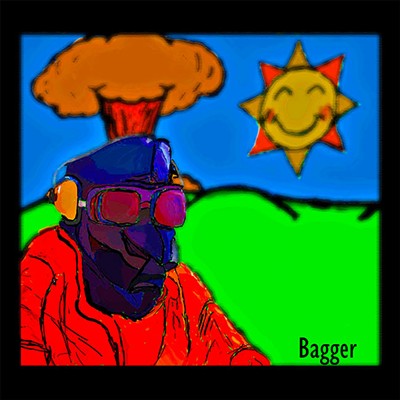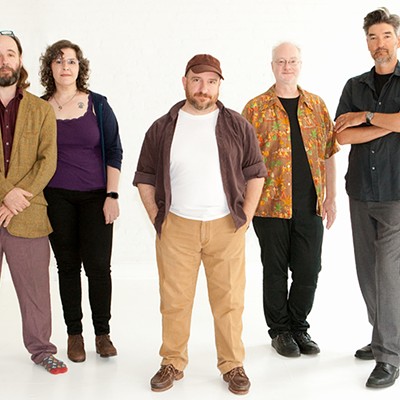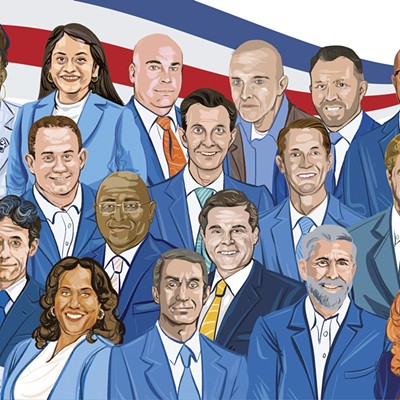Wednesday, December 17, 2008
The "science" of hitting it big in the 21st century
The venerable science culture rag Seed reports that science has once again confirmed something we already knew. In this case, that bands generally get big locally before they hit the national spotlight.
Rather than just common sense, the study being describe employed the scientific method, of course. Essentially the scientists analyzed peer-to-peer sharing via computer networks to gauge an artist's popularity in her immediate geographic area and on a national scale.
What's obviously kind of funny to those of us who pay attention to music is that the article implies that this is an important social-scientific advancement -- empirical evidence supporting a theory of networked publics that can ostensibly "predict" when an artist will hit the national circuit. In fact, of course, it's always been widely held that the best way for a band to make the big time is to work hard and establish an audience, then tour. That's precisely how we've we've always predicted these things.
(Of course, there are exceptions: witness Black Moth "Opposite of a Scene" Super Rainbow largely surpassing the local circuit to hit it big in the indie world last year, or, conversely, The Clarks, perennial winners of CP's "Best Of" poll, who in 15 years have barely poked into the national spotlight a few times.)
Here's what's truly interesting, though: while we've all known for ages that playing local shows is the best way to build a fan base, it's notable that in the age of p2p sharing and instant accessibility, that's still the case, and even an analysis of web consumption supports it.
In many ways, the growth of internet communities has the perceived effect of decreasing the importance of location; people can communicate and send music and other content over vast distances just as quickly as they can with people down the street.
Folks like Paul Virilio have posited that the growth of cyberspace and worldwide real-time communication are destroying locational "place" as a concept -- information has essentially sped up to a pace that our physical bodies can't keep up with, and so in a sense location no longer matters.
The results of this study resist that sort of conclusion -- or at least resist the idea that we've already reached that stage. There are factors besides simply the speed of transmission that determine whether people are listening to and sharing music. There's something about local artists that still means something, even though their music is basically no easier to come by than a band from another hemisphere.
To contextualize a little, the lesson local musicians can take away from this is: use the internet for promotion, but don't assume that you can bypass the leg work that your predecessors went through. While your music will be passed around via filesharing, the people closest to you are still your best bet where word-of-mouth promotion is concerned. That shitty opener spot at that Howler's show is still just as important as Sendspacing your album to folks in Moscow.
Tags: FFW>>














